"I decided to make a film right after I went public with my story, and I saw the reaction, how negative it was in Japan,"
Shiori Ito, a journalist from Japan, became a rare high-profile #MeToo voice in her home country when she accused a well-known TV reporter of rape. At first, police, prosecutors, and even a large portion of the media disregarded her allegations.
Breaking through social norms, she looked into her case, surreptitiously recording meetings and phone calls, and gathering enough evidence to finally win $30,000 in damages in a civil lawsuit that made national news.
"Black Box Diaries," a new film made by Ito herself, will make its Sundance festival debut. It centers on that incredible win, which was followed the previous year by a strengthening of Japan's outdated rape laws.
Before the presentation on Saturday, she told AFP, "It's never the point of view of the victims and survivors when we see a TV program, a documentary, or a movie."
"I therefore simply wanted to convey the story from the survivor's point of view. What it was in reality. I didn't want my narrative to be told by anybody else."
In 2015, Ito claimed that Noriyuki Yamaguchi, a former television journalist who had close ties to the prime minister at the time, had sexually assaulted her after asking her to dinner to talk about a possible employment opportunity.
After telling Ito there wasn't enough proof, the police abruptly changed their minds and threatened to arrest Yamaguchi.
Ito documents a cooperative police investigator in the movie informing her that he had been removed from the case and that the order originated from "higher-ups."
"At the very start, the reason why I started to document the conversations with police was just to protect myself," Ito stated.
"I wouldn't have to do this if the system were operating flawlessly," she clarified. If they had merely looked into it, I would have been delighted, but that wasn't the case. I therefore continued to ask questions."
-'Hated' -
The video also addresses the negative response Ito received for speaking up.
In Japan, barely 4% of women come forward to report being raped, according to a 2017 government survey. Rape victims seldom report the crime to the authorities.
Ito claimed that even her family "hated what I did" by speaking out, and that she had received death threats and was forced to briefly leave the nation.
"I decided to make a film right after I went public with my story, and I saw the reaction, how negative it was in Japan," she explained.
Yamaguchi filed a countersuit against Ito and denied any misconduct, but no criminal charges were ever made.
However, the lower court's finding that Yamaguchi had sexually assaulted Ito was maintained by the Japanese Supreme Court in 2022.
After protests around the country last year over a series of rape case acquittals, a bill eliminating the requirement for prosecutors to demonstrate that victims were rendered unable by assault was passed.
Additionally, Japan raised its consent age from 13, which was among the lowest in the world, to 16.
Nevertheless, Ito, who believes that the change of the rape laws was "a big step" but "wasn't enough," is getting ready to depart Japan once more after the movie opens there.
"Perhaps it won't happen this time. Things are evolving, "said the woman.
"But whenever we speak up against sexual violence or for gender equality, especially in Japan -- everywhere in the world, I guess -- there's a great amount of threats."
-#MeToo -
Ito made her first public statement in 2017, just before the global #MeToo movement took off with the revelation of US film producer Harvey Weinstein's transgressions.
Although she claims the movement "really helped me," it didn't advance much in Japan and even made her loneliness more apparent.
"All I want is for it to have happened a little sooner. since I've always felt so alone. I was referred to as 'that #MeToo person,'" she thought to herself.
"I was aware that there were various opinions, but they weren't often discussed. I think I've turned into a horrible example of what occurs when you speak up."
As more women seek justice in this day and age, three Japanese ex-soldiers were found guilty in December of sexually abusing their female coworker Rina Gonoi.
Ito found many similarities between the case and her own, including the need for women to speak up despite the inevitable criticism.
"Rina contacted me before she went public... if she didn't go public, this case was already closed, nothing would have happened," stated Ito.
Even indications point to the #MeToo movement eventually making its way into Japan's entertainment sector.
The largest boy band agency in Japan acknowledged last year that its late founder, Johnny Kitagawa, had molested ambitious teenage performers sexually.
Furthermore, two women have accused well-known Japanese comedian Hitoshi Matsumoto of sexual assault. He refutes the accusations.
"This is an ongoing struggle and problem. We must never give up "said Ito. "It's proceeding. But we can't allow it to return."
End//voice7news.tv




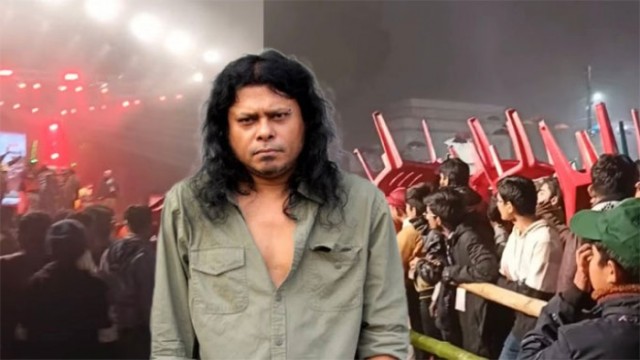
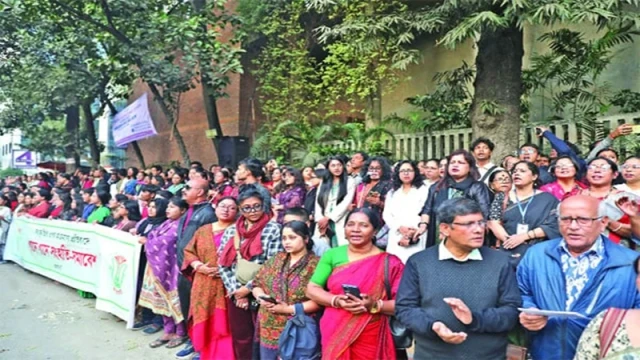

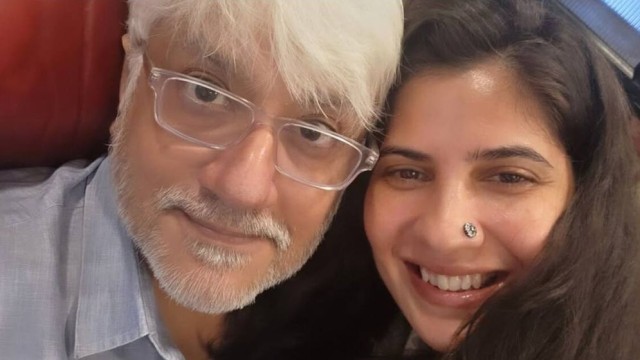








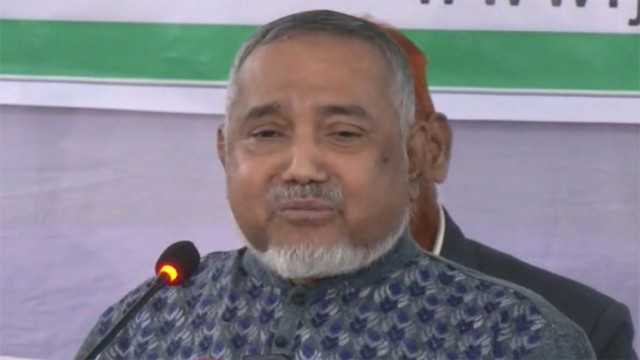


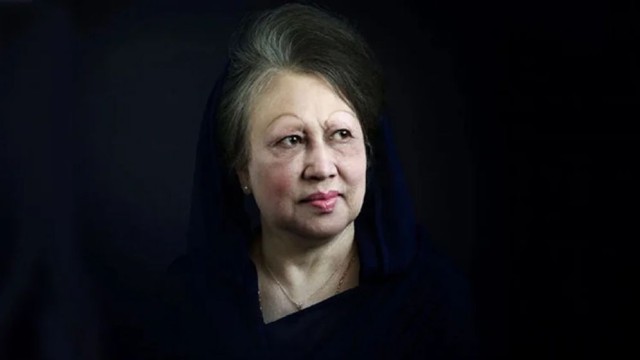




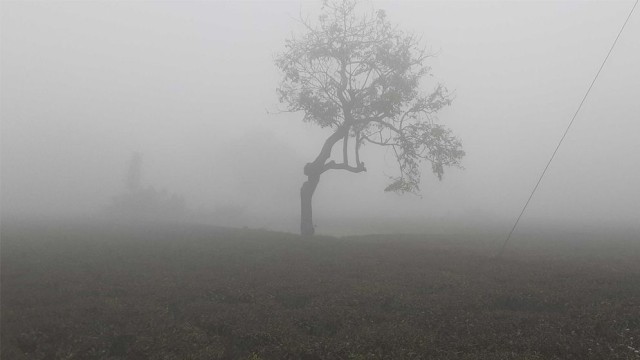
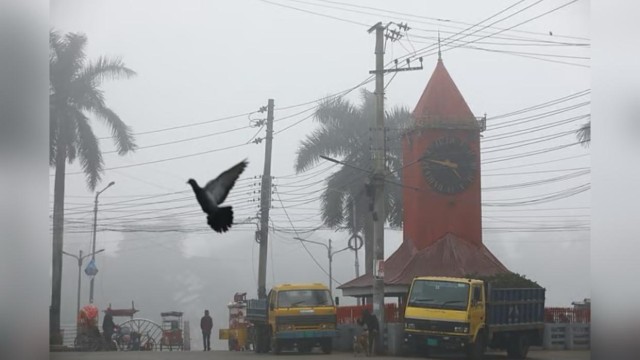
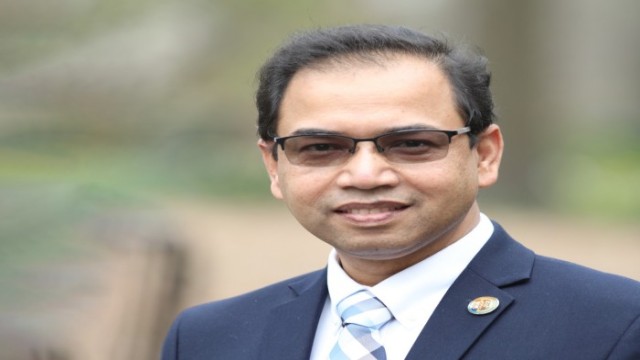

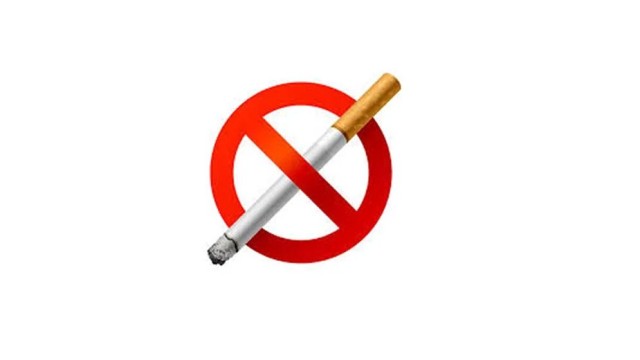


Comment: